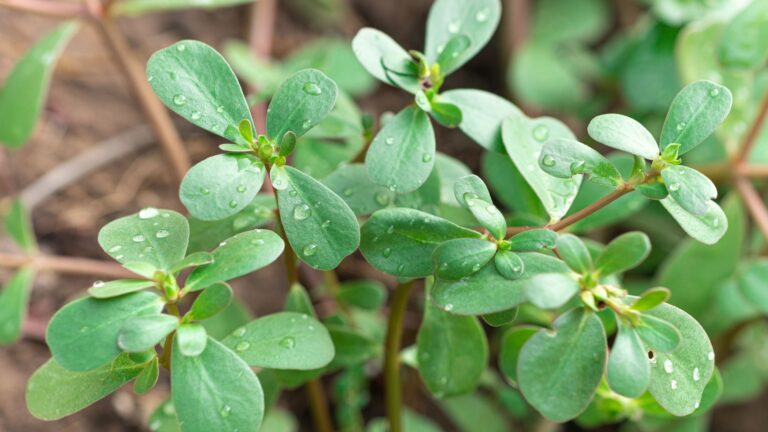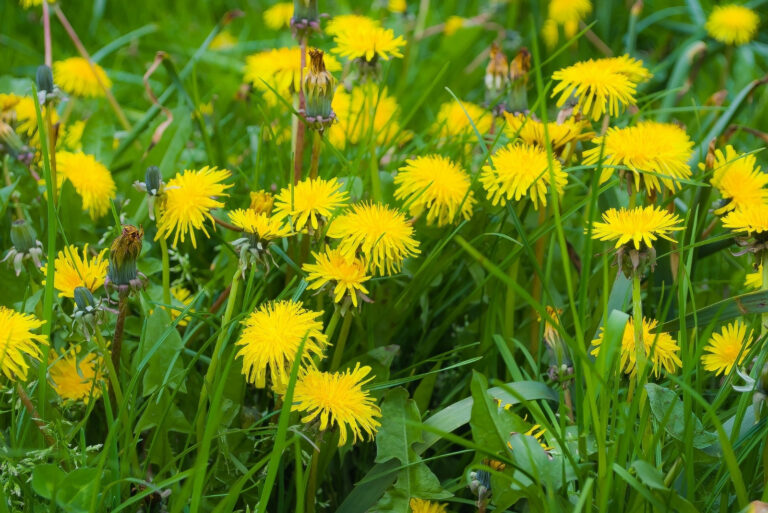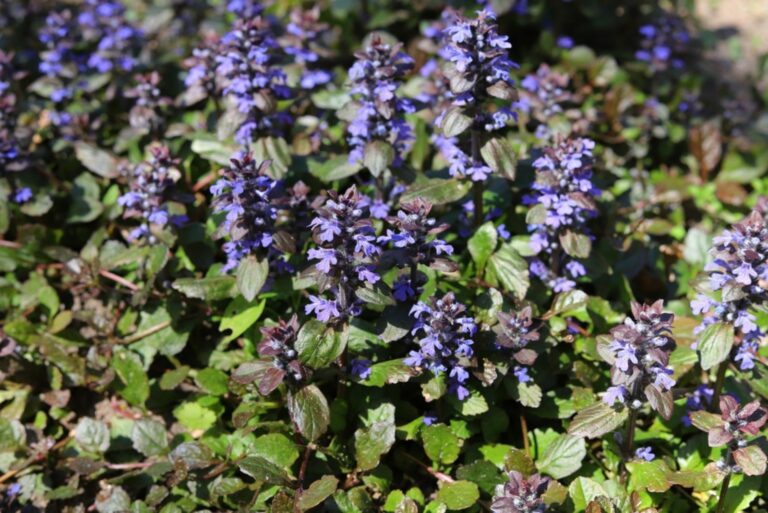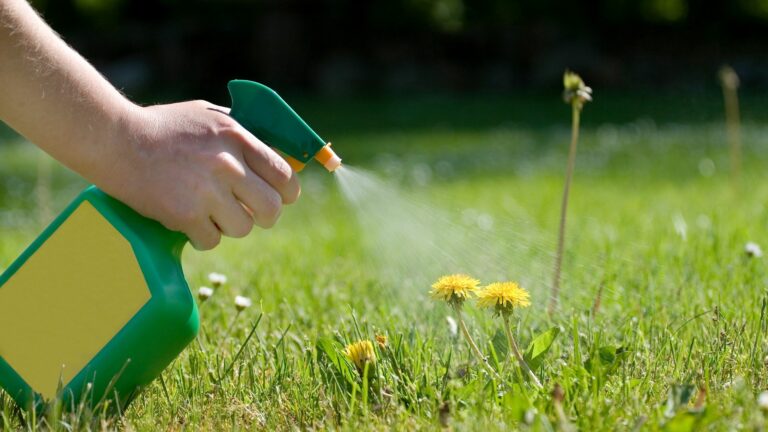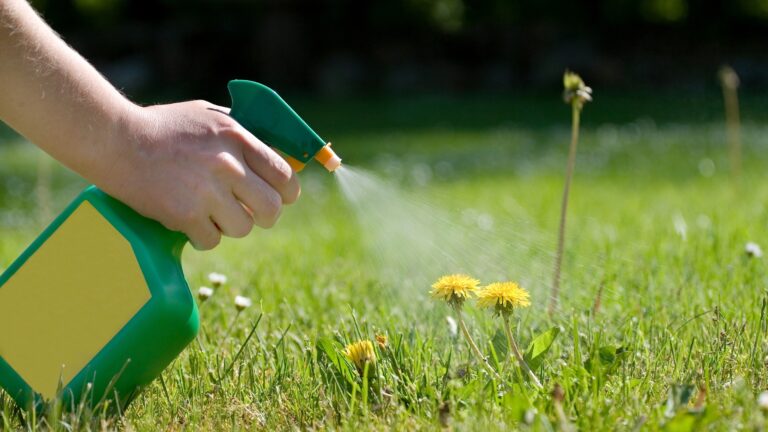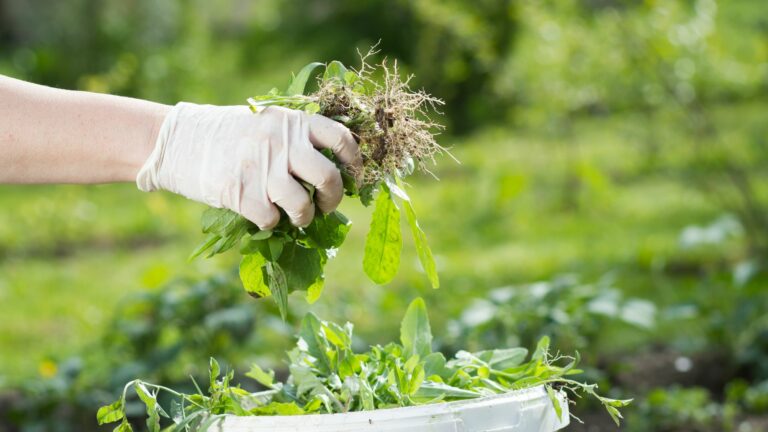This Common Milkweed Mistake Could Be Harming Monarch Butterflies In Your Garden
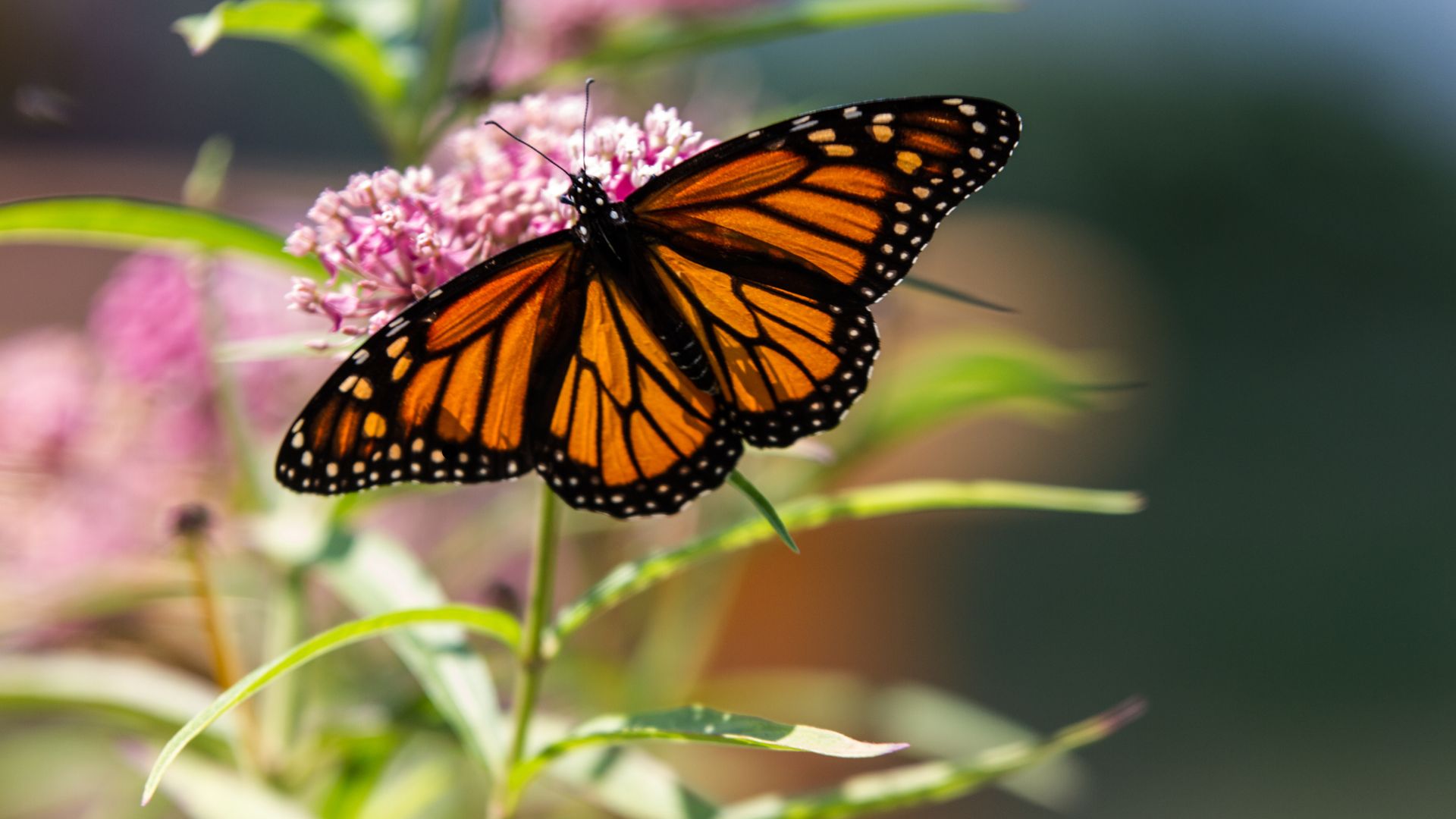
When I first started working on my butterfly garden, everyone suggested planting milkweed. I mean, monarchs lay their eggs on it and bumblebees absolutely love the flowers – I didn’t even consider that there would be a downside to it.
But here’s a mistake I made (and many gardeners do): using pesticides to deal with annoying aphids.
Even natural sprays like rubbing alcohol can harm Monarch caterpillars and scare off the pollinators you’re trying to help. Using pesticides on milkweed defeats the whole purpose of planting it!
Luckily, there’s a way to keep your milkweed pest-free without harming the pollinators. Curious to know more?
Just keep reading!
Why Are Monarchs In Trouble?
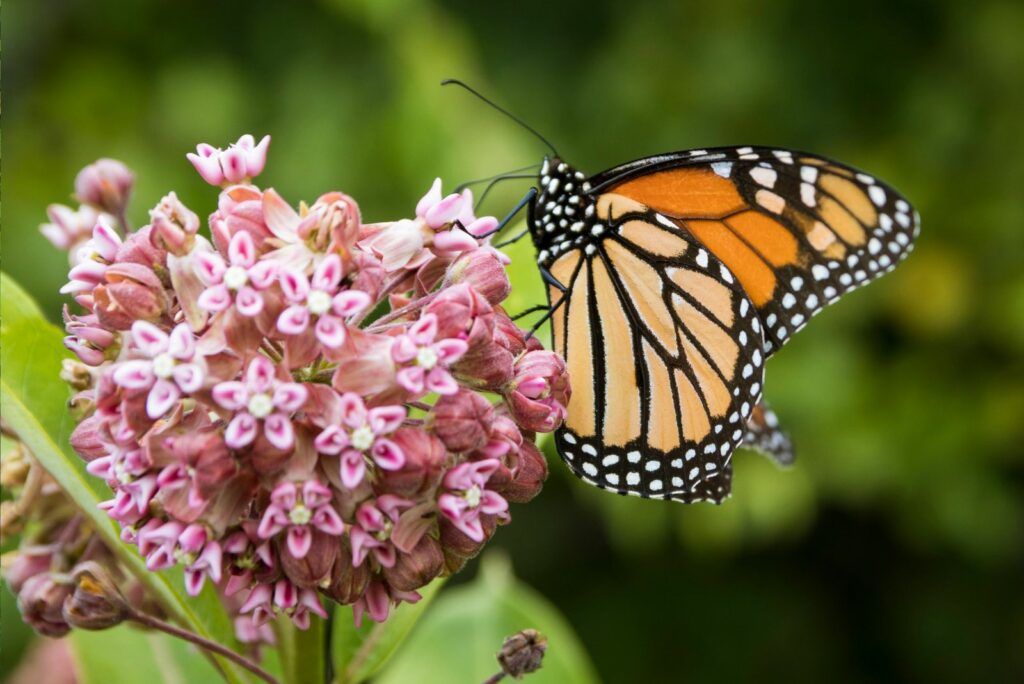
Monarch butterflies are super important for gardens and wildlife, but their numbers have dropped an alarming 90% in the last 20 years!
Scientists are still piecing together the puzzle, but pesticides are likely a big part of the problem. These sprays, soaps, and treatments might seem like a quick fix for pests, but they’re a disaster for Monarchs.
They poison caterpillars, harm butterflies, and even make milkweed (their go-to plant) unappealing for egg-laying. Imagine finding out your favorite meal is actually toxic, that’s how they feel!
Monarchs will often avoid treated milkweed entirely – instead, they’ll fly long distances to find cleaner options. If none exist, they might lay eggs on other plants, but those caterpillars won’t survive.
Milkweed is non-negotiable for Monarch caterpillars; it’s their sole food source and none of us should use any type of chemicals to disrupt it.
Also read: Start Your Own Butterfly Garden With These 13 Alluring Plants
Why Are Pesticides A Problem?
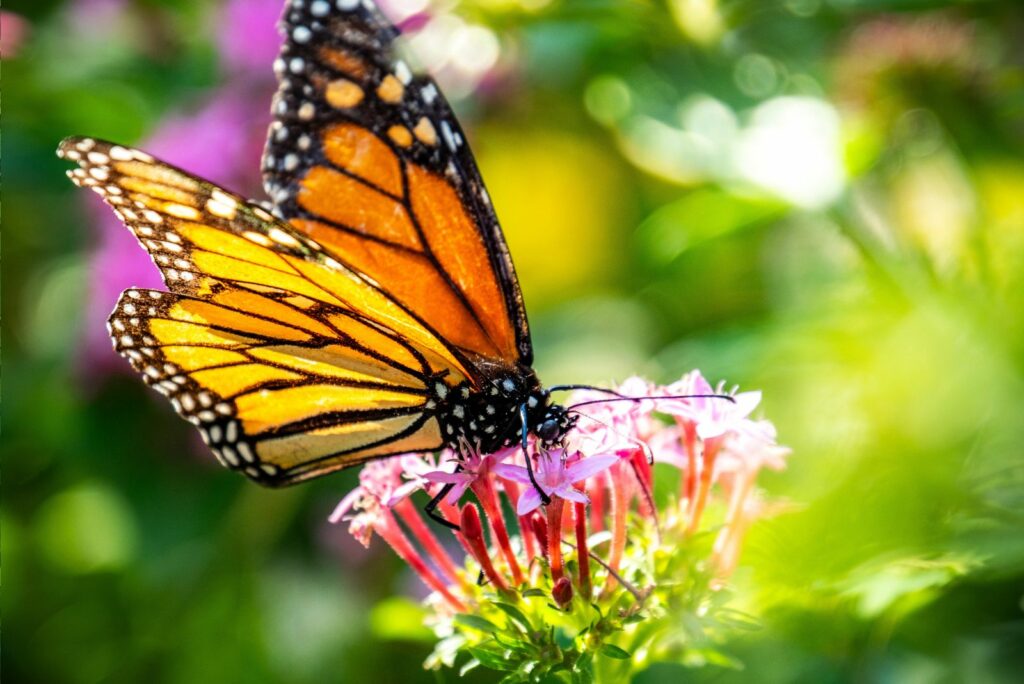
Using pesticides or even seemingly harmless remedies like dish soap or rubbing alcohol can backfire in a big way. These substances might get rid of aphids, but they’ll also harm the very pollinators you’re trying to attract.
Studies have shown that Monarch butterflies often avoid milkweed plants coated in pesticides, which defeats the purpose of planting them in the first place. And if a butterfly does drink nectar or a caterpillar munches on treated leaves, it could lead to their demise.
As tempting as it might be to grab the spray bottle, avoiding chemicals is the first step toward creating a Monarch-safe garden.
Also read: These Little Known Tricks Will Save Your Monarch Butterflies From Wasps
Why You Should Opt For Natural Pest Control
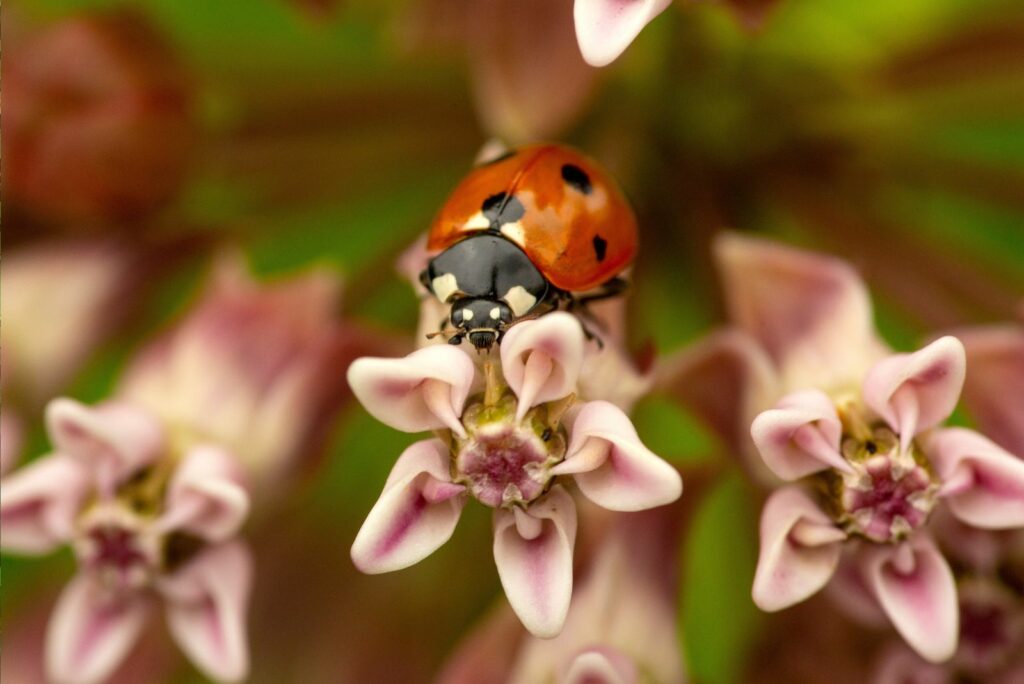
If you have aphids in your garden, the first thing I need you to do is not panic. There are many natural ways to get rid of them, and using pesticides won’t cut it. What you can do instead is invite their natural enemies – ladybugs and green lacewings.
A single ladybug can devour up to 50 aphids daily, while a lacewing can take out an astonishing 1,000 in its lifetime. These beneficial bugs will handle the aphid problem and keep your garden ecosystem balanced!
Also read: The 3 Benefits Of Ladybugs That Bring About Garden Harmony
Other Simple Solutions To Protect Your Milkweed
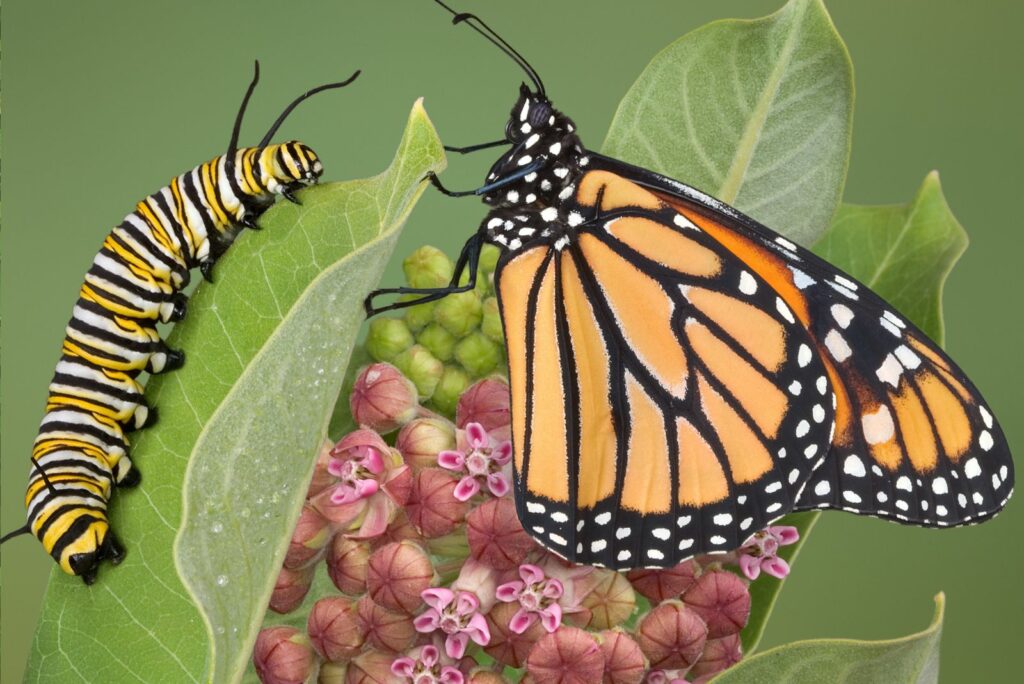
If bug buddies aren’t your thing, there are still plenty of ways to deal with aphids without resorting to chemicals. Try squishing them by hand (gross, but effective), peeling them off with tape, or blasting them off the plant with a strong jet of water.
Don’t forget to always check for caterpillars first – the last thing you want is to accidentally knock one of those tiny visitors off its perch.
Creating a Monarch-friendly garden isn’t just about planting milkweed, it’s also about keeping it safe and healthy. With these natural methods, you’ll get to enjoy a buzzing and blooming backyard filled with beautiful butterflies. Also read: Use This Method To Collect Milkweed Seeds And Save Your Pollinators

